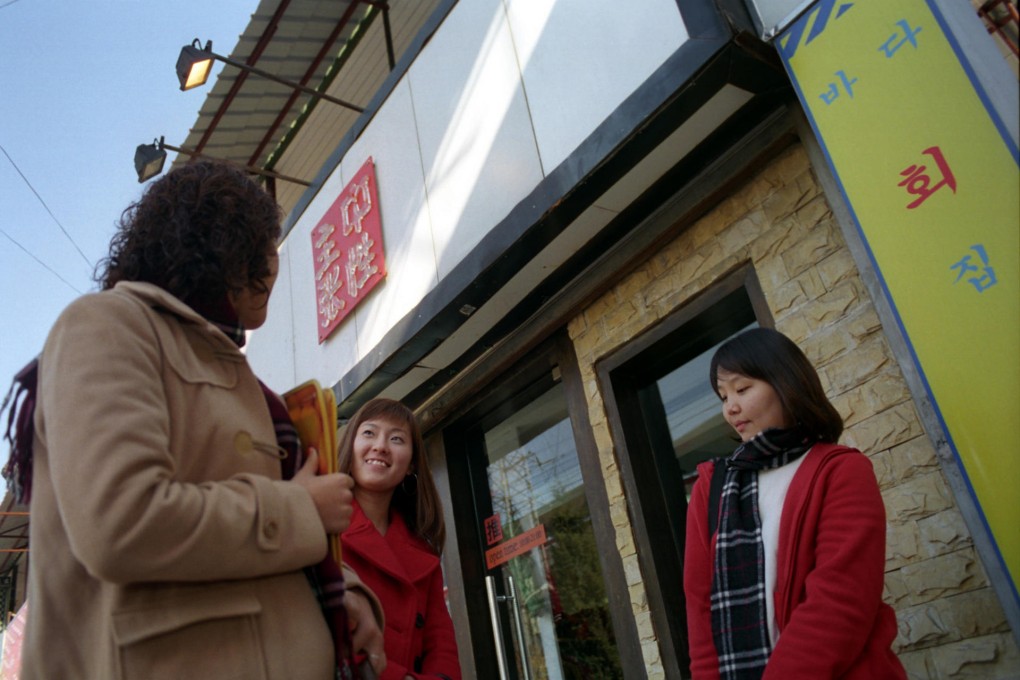South Korean students turn to China colleges for career edge
With an eye on expansion, Seoul's big firms are choosing graduates who speak Putonghua and can tap personal networks on the mainland

Two years ago, Lee Eun-yul made an unusual choice for a South Korean student: to do her master's degree in Shanghai instead of the US. She says the decision helped land her a job at Samsung Electronics, the top choice for graduates.

Lee is at the forefront of a trend in South Korea, Asia's fourth-largest economy, that is steering students towards China to boost their prospects in an increasingly competitive employment market. The number of South Koreans studying in China more than doubled to 62,855 in last year from 2003, according to South Korea's Ministry of Education. The number of US-bound students grew 50 per cent to 73,351 in the same period.
"It's only the beginning in the shift in Korean's appetite for education towards China from the US," said Cho Jin-pyou, head of Seoul-based Wise Mentor, which provides education and career-path advice. "A flood of Korean students will follow companies going to China for jobs."
The focus on Chinese language mirrors South Korea's strengthening ties with the world's second-biggest economy. Trade with China climbed an average 20 per cent per year between 1992 and last year, faster than the 6 per cent growth with the US, according to the Korea Customs Service. That is causing a sea change in the way Korean students approach one of the world's most competitive job markets.
English was at the core of those extra classes traditionally, a reflection of the nation's export-based economy and close political and economic ties with the US. Now, English has become so ubiquitous that it doesn't give applicants an edge.